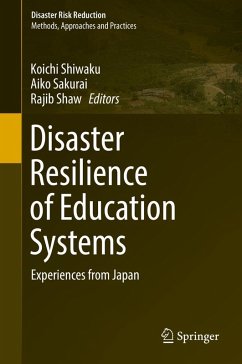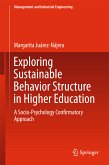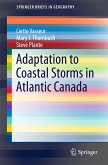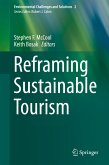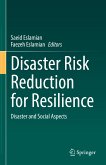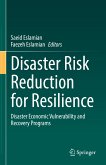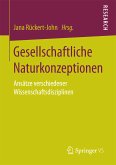This book reviews the evolution of DRR in the education sector in Japan, including some of the recent developments after the 2011 Great East Japan Earthquake, focusing on DRR governance and practices in national policies, curriculum development and teacher training, community linkage, and international cooperation, to enhance resilience in the education sector.
The primary target groups for this book are students and researchers in the fields of disaster management and DRR studies. Another target group comprises practitioners and policy makers, who will be able to apply the collective knowledge from this work to policy and decision making. The book provides an overview of the current research trends and furnishes basic knowledge on this important topic.
Dieser Download kann aus rechtlichen Gründen nur mit Rechnungsadresse in A, B, BG, CY, CZ, D, DK, EW, E, FIN, F, GR, HR, H, IRL, I, LT, L, LR, M, NL, PL, P, R, S, SLO, SK ausgeliefert werden.

